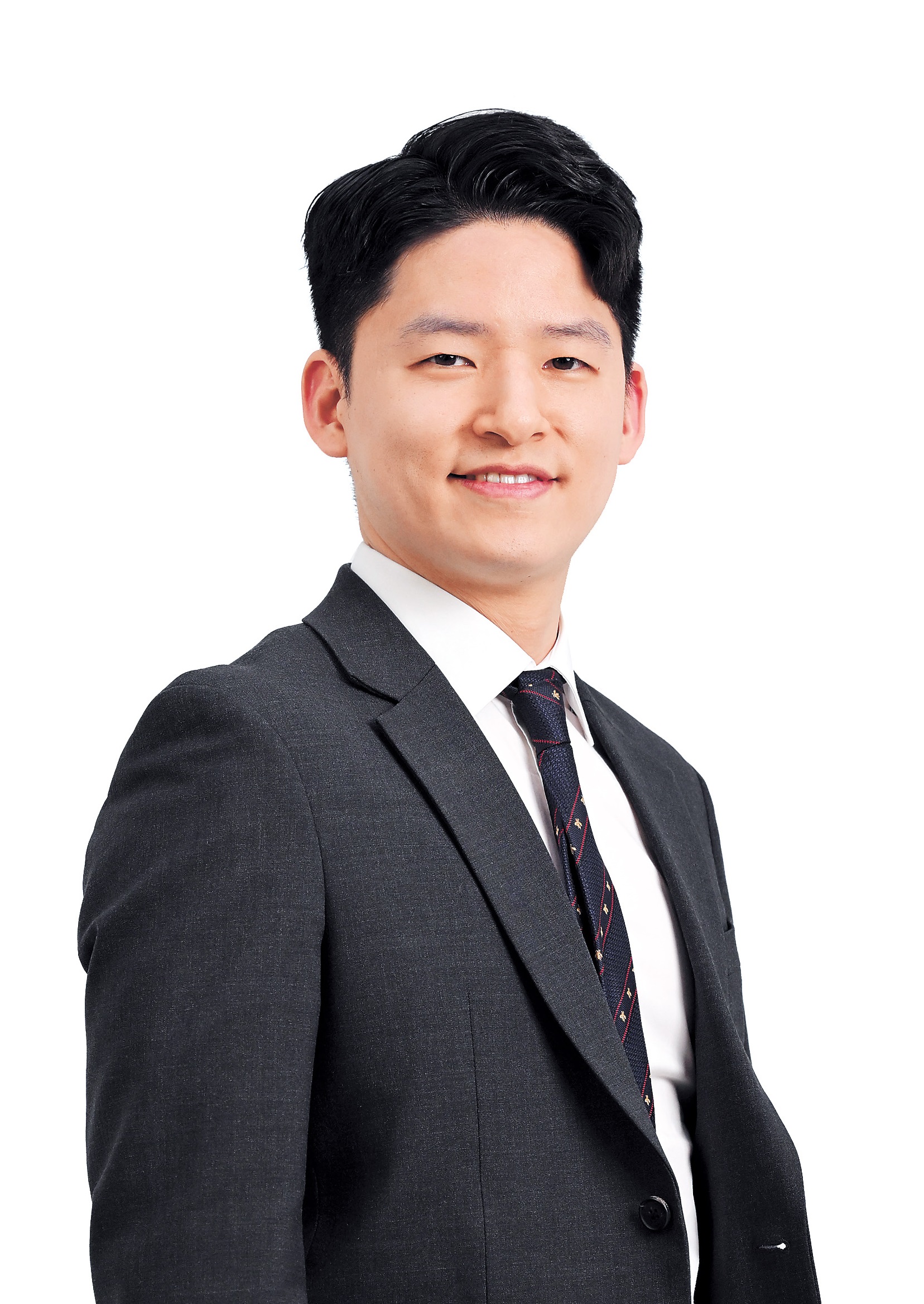Egypt offers gateway for Korean businesses in emerging markets: ambassador
By Moon Joon-hyunPublished : Sept. 26, 2024 - 15:19

Egypt's Ambassador to Korea, Khaled Abdelrahman, highlighted the growing potential for collaboration between Egypt and South Korea, particularly in investment and tourism, during the second session of the Global Business Forum Wednesday.
Hosted by The Korea Herald, the forum seeks to facilitate knowledge exchange and build networks among Korean business and academic leaders to address the challenges posed by technological advancements and societal shifts. The GBF commenced its sixth edition on Sept. 11 and continues through Dec. 11, featuring a total of 13 sessions.
Speaking to a room of Korean business leaders, scholars and diplomats, Ambassador Abdelrahman emphasized the progress Egypt has made in creating a favorable business environment for foreign investors through extensive economic reforms. He noted that South Korean companies like Samsung and LG have already established a significant presence in Egypt.
"Egypt, with its strategic position at the crossroads of Africa, the Middle East, and Europe, serves as a gateway to a vast market,” he said. He explained that with access to a vast network of Free Trade Agreements, Egypt offers foreign businesses opportunities to expand into emerging markets across these regions.
“I’ve personally visited the factories of those Korean companies in Egypt before coming to Korea,” he said. The ambassador called on more Korean firms to explore new ventures in rapidly growing sectors such as renewable energy, digital transformation and advanced manufacturing.
On tourism, Abdelrahman pointed out the increasing number of Korean visitors to Egypt, drawn by the country’s rich cultural heritage and historical landmarks like the Pyramids of Giza. He announced plans to restore direct flights between Cairo and Seoul, which would facilitate even greater cultural exchange and strengthen ties between the two nations.

Following Ambassador Abdelrahman’s remarks, President Lee Kwang-hyung of the Korea Advanced Institute of Science and Technology delivered a thought-provoking lecture on how South Korea should be preparing for the AI-driven future. He explained that AI has reached a point where it surpasses human intelligence in many general-purpose tasks, fundamentally changing the way humans make decisions and interact with technology.
Lee highlighted the importance of redefining the relationship between humans and AI, cautioning that an over-reliance on artificial intelligence could lead to a decline in human creativity and cognitive abilities.
"Korea is one of the global leaders in semiconductor technology that underpins AI, where KAIST ranks high as a research institute internationally," Lee added. However, he also stressed the need for South Korea to continue investing in education that fosters creativity and innovation.

The final session of the day featured Professor Emeritus Kim Tae-yoo of Seoul National University, who tackled one of South Korea’s most urgent issues: the country’s rapidly declining birthrate. Unlike global trends where population decline is often seen as a solution to overpopulation, Kim argued that South Korea’s situation is a “human disaster” driven by the overconcentration of jobs and economic activity in the capital city of Seoul.
“Seoul’s population density is about four times that of Paris, and the job concentration is more than double. Put together, I believe young people in Korea face living conditions that are around eight to ten times more competitive than those of their French counterparts,” he said.
To combat this crisis, Kim proposed the concept of a “double-cropping society” using an agricultural metaphor. In this model, older generations would continue working in roles requiring "crystallized intelligence" -- experience-based expertise -- while younger workers would take on tasks that demand "fluid intelligence," involving adaptability and quick problem-solving.
"This approach is the only way I can think of that could ease the burden on younger generations," he said.





![[Herald Interview] How Gopizza got big in India](http://res.heraldm.com/phpwas/restmb_idxmake.php?idx=644&simg=/content/image/2024/11/20/20241120050057_0.jpg&u=20241120164556)

![[KH Explains] Dissecting Hyundai Motor's lobbying in US](http://res.heraldm.com/phpwas/restmb_idxmake.php?idx=644&simg=/content/image/2024/11/20/20241120050034_0.jpg&u=)

![[Kim Seong-kon] Farewell to the vanishing John Wayne era](http://res.heraldm.com/phpwas/restmb_idxmake.php?idx=644&simg=/content/image/2024/11/19/20241119050096_0.jpg&u=)








![[Today’s K-pop] Blackpink’s Jennie, Lisa invited to Coachella as solo acts](http://res.heraldm.com/phpwas/restmb_idxmake.php?idx=642&simg=/content/image/2024/11/21/20241121050099_0.jpg&u=20241121172748)